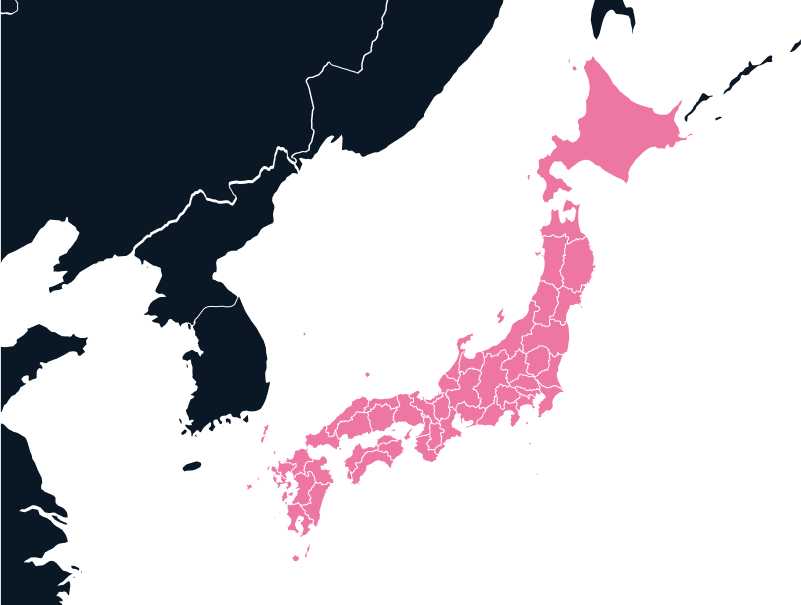While Japan has a relatively low tariff regime for high-tech goods, particularly those from countries with free trade agreements, duties may still apply depending on the type of product. Furthermore, Japan applies a 10% consumption tax instead of a VAT/GST tax on imported products. This tax must be paid at the time of import, and the importer is responsible for both the collection and remittance to Japanese authorities.
Japan has strict enforcement measures for consumption tax (JCT) violations. Any non-compliance can result in significant penalties, including fines and potential criminal charges. TecEx guarantees a smooth import process for your tech gear while avoiding potential JCT violations.
Navigating Japanese compliance demands, especially for specific HS codes, can be challenging. TecEx has you covered with our comprehensive HS code compliance database, ensuring accurate classification for all components of your tech equipment. As import compliance specialists, we ensure the correct compliance documentation is sourced, even for HS codes that require non-standard documentation. We will also check if your goods need to undergo a PSE inspection.

.jpg)


